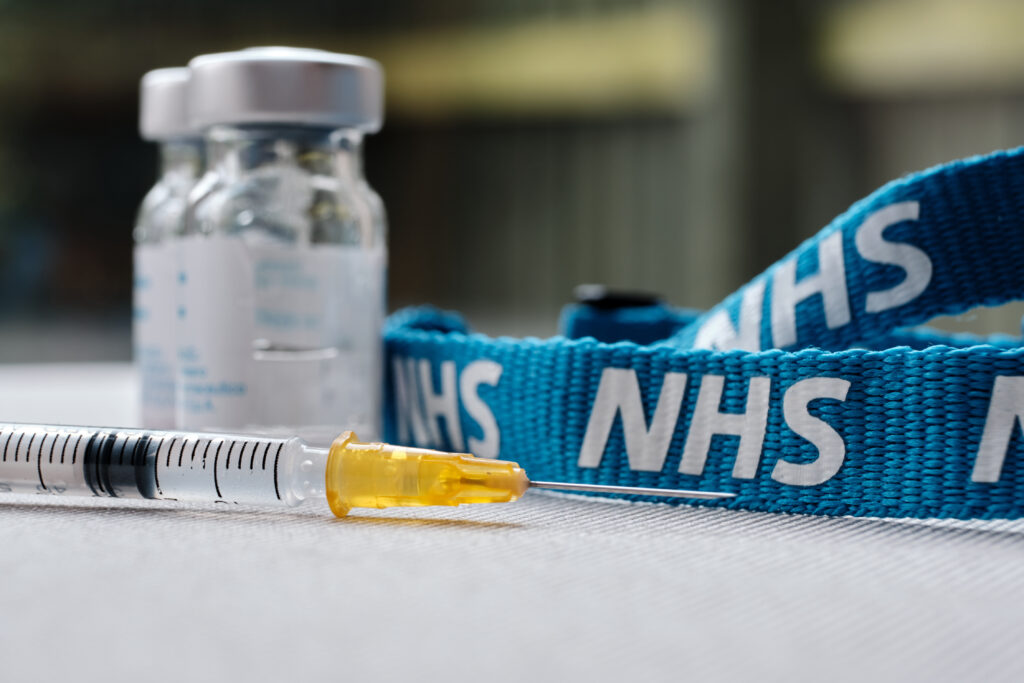Funding alone will not be enough to significantly decrease the NHS waiting lists, according to the Institute for Fiscal Studies (IFS).
In its pre-election briefing, titled The past and future of NHS waiting lists in England the IFS outlined what had happened to NHS waiting lists in England over the last 17 years and presented new scenarios of what could happen to waiting lists over the years to come. The focus was mainly on the elective waiting list.
The IFS said NHS waiting lists were likely to be a key issue in the forthcoming general election, and would likely remain above pre-pandemic levels for the next three years.
“The current government has made cutting NHS waiting lists one of its key priorities, while one of the Labour party’s five national missions is to ‘get the NHS back on its feet’, including by cutting waiting times,” the IFS said.
But the IFS added “there is considerable uncertainty over what could happen to waiting lists in the coming years.”
Slight fall ahead
“In our central scenario, using the assumptions we judge to be most plausible, the waiting list would rise slightly in early 2024, before starting to fall.
“This fall, although consistent, would be slow and would mean that waiting lists would still be far above pre-pandemic levels at the end of 2027.”
The current waiting list remains over 7 million people, although it has declined slightly from its peak earlier in 2023.
The good news is that the waiting list numbers may continue to decline, but the bad news is that it may take more than one parliament to get back to pre-pandemic levels.
The IFS said: “Our analysis suggests that the next government may well inherit a falling waiting list: our central scenario would see the waiting list start falling in a consistent fashion from the summer of this year.
“But the task of getting the waiting list back to pre-pandemic levels could require more than one parliament.”
More funding needed
The IFS concludes by saying: “If bringing down waiting lists quickly is a priority, then the next government will very likely need to dedicate additional funding to the health service.
“In a tight fiscal environment, that will pose challenges and could require some eye-wateringly tough choices elsewhere.”
But funding alone is not enough.
“Funding is also not the be-all and end-all,” the IFS said.
“It is difficult to see any path to a meaningful reduction in waiting lists that does not include a substantial increase in NHS productivity.
“Finding ways to achieve that ought to be a policy priority, whoever triumphs in the general election.”
IHPN responds
The Independent Healthcare Providers Network (IHPN) responded today to the IFS report.
Its CEO, David Hare, said: “Today’s IFS report clearly shows the quite significant timeframes which will inevitably be involved in tackling NHS waiting lists, given their scale and extent.
“Now more than ever, it’s crucial that we work collaboratively and strategically to address them.
“The independent sector has a vital part to play in this effort and is already playing a key role. However, what’s needed now more than ever is for everyone – the government, the NHS and the wider healthcare sector – to implement, and be committed to, long-term solutions.
“Leveraging the expertise and capacity of independent providers can help alleviate pressure on the NHS and reduce waiting times for patients.
“But it’ll be most powerful with a long-term, joined-up approach that maximises the strengths of both sectors.
“We are committed to working closely with the NHS and other stakeholders to develop innovative ways to deliver high-quality care to patients.
“Together, we can make a meaningful impact on waiting lists and ensure that patients receive the timely care they need.”
